Buying An Executive Condominium in Singapore: What To Expect
For the most part, if you are eligible to purchase an Executive Condominium in Singapore, it definitely should be at the top of your priority list instead of the other private properties you may be eyeing, provided that getting one also checks all the boxes in your property needs. If you understand all the pros and cons of buying an Executive Condominium and decide to go for it, here is what you can expect to make your dream a reality.
1. Eligibility
An Executive Condominium, just like traditional HDB flats, has specific eligibility conditions that interested buyers must meet. These include:
● Buyers must choose from one of four HDB schemes: Public Scheme, Orphans Scheme, Fiancé/Fiancée Scheme, or Joint Singles Scheme.
● The main applicant must be 21 years old and above and a Singapore Citizen. If they have a co-applicant, they must also be a Singapore Citizen or a Permanent Resident. If the applicants apply under the Joint Singles Scheme, both must be above 35 years old and Singapore Citizens. Applicants that choose the Fiancé/Fiancée Scheme must be above 18 years old and have written consent from their parents or legal guardians.
● The applicants must not own any local or overseas residential properties at present or have disposed of them in the last 30 months.
● Must not exceed the $16,000 ceiling threshold of their household income.
● Applicants must have only purchased a maximum of one HDB, EC, or DBSS in the past.
Failing to qualify for an EC means your only available option will be regular private condominiums, HDB resale flats, or landed private properties.
2. Financing
Before shopping for options, it is vital to determine the max price you can afford for an Executive Condominium. Remember that finding that EC with the best potential price appreciation or value means nothing if you have no means to finance the purchase.
The first thing to consider is the downpayment. Unlike HDB flats that only require a cash or CPF downpayment of as little as 10%, buying an EC will require a higher 25% downpayment. Next is the home loan. Since buyers will not be eligible for an HDB loan to secure their chosen EC, they must rely on a bank loan for financing.
There are also the limits imposed by the Monetary Authority of Singapore to consider, which are designed to prevent overleveraging homeowners and to keep them from servicing their home loans. The MSR or Mortgage Servicing Ratio asserts that a buyer's mortgage repayment must not exceed 30% of their monthly income. Meanwhile, the TDSR or Total Debt Servicing Ratio states that their combined monthly loan payments (such as car loans, education, personal loans, etc.) must not exceed 60% of their combined monthly income.
Lastly, there are costs to take into account beyond the EC purchase price. These include around $2,000 in legal fees, $200 for valuation fees of the new EC, and the Buyer Stamp Duty that costs 3-4% of the purchase price.
3. Shortlisting future EC sales launches
After confirming your eligibility and price range for an EC, tracking new EC projects and resales comes next. The best place to do this is on HDB's official website, where future EC launches available to the public are posted. However, if the upcoming options do not match your desired locations, you can check other options in the resale property market and engage a property agent in Singapore to help you find what you're looking for.
If you think there is a good chance you'd like to book a unit, contact the developer and check what documents they require, which may include proof of income, NRIC, proof of relationship with the co-applicant, and so on.
4. Secure Option-To-Purchase, followed by your downpayment
Booking a new EC also comes with a legal document called an Option to Purchase (OTP) that states the developer cannot sell the unit to anyone but you for a stipulated amount of time. This OTP requires a payment of 5% of the EC purchase price with only cash or cheque accepted; grants or CPF are not useable at this stage.
After the HDB approves your purchase application, the developer will provide you with a Sales and Purchase Agreement. You have 21 days to complete the purchase of the unit by signing and mailing back the agreement, after which you must pay the remaining 20% downpayment as well as the Buyer's Stamp Duty with either cash, CPF monies, or HDB Housing Grants.
5. Post-purchase requirements
At this stage, you will have 75% of your EC's purchase price to pay for using cash, bank loan, CPF monies, or HDB Housing Grants. New EC owners can choose between two schemes to pay the remaining balance: the Normal Payment Scheme and the Deferred Payment Scheme.
In the Normal Payment Scheme, home loans are disbursed to the property developer according to the payment schedule they established as construction reaches set milestones. Buyers will start their home loan repayments faster under this scheme.
On the other hand, home loans under the Deferred Payment Scheme will be disbursed only when the buyer receives the Temporary Occupation Permit for their new EC and collects their keys.
Conclusion
Should you need help finding the first property that's right for you, NeezaNizam is always happy to lend a hand. As Singapore's resident property experts with 22 years of collective experience, we assist first-time buyers in finding the property of their dreams and help experienced ones upgrade their residences. Book an appointment with us today to learn more about our many other services, including securing loans, asset progression, inheritance and wealth planning, and more!


